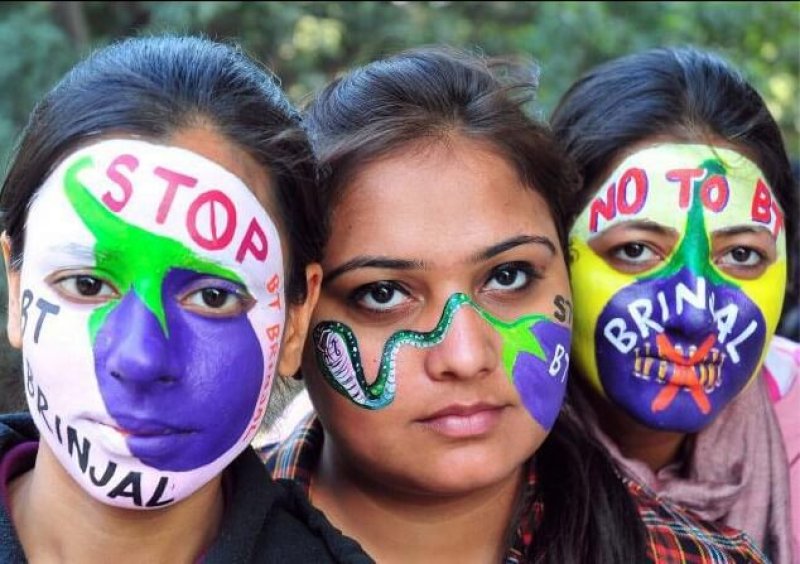The first year of Modi Sarkar has been disastrous for non-governmental organisations (NGOs) in the country. Including Greenpeace, about 9,000 have had their licences cancelled or suspended for violation of FCRA, the Act that regulates receipt of foreign contributions to ensure these are not utilised against national interests by Indian entities or individuals.
The NGOs, meanwhile, are protesting that the action taken by the government has been highly selective and intended to promote development in a particular way. They allege that NGOs close to the ruling party (which also receive foreign contributions) have been left untouched. They claim that the government’s actions are tantamount to coercion, leaving many of them on the verge of closing due to lack of funding.
Within weeks of the BJP government assuming power in Delhi, a leaked report of the Intelligence Bureau gave an insight into how the government looked at the work of some of the NGOs. This report elaborated on the functioning of foreign-funded NGOs active in the area of people-centric issues like anti-nuclear activism, anti-coal activism, anti-genetically modified organism activism and anti-mega project initiatives like POSCO and Vedanta. The report claims that the “negative” work of such NGOs resulted in a 2 – 3 percent decline in the GDP growth of the nation. Close on the heels of the report, the government initiated action against some NGOs, tightened regulations and increased monitoring of non-profits accepting foreign assistance.
The GLP aggregated and excerpted this blog/article to reflect the diversity of news, opinion and analysis. Read full, original post: Why Modi’s NGO Clampdown Is Bad For India































